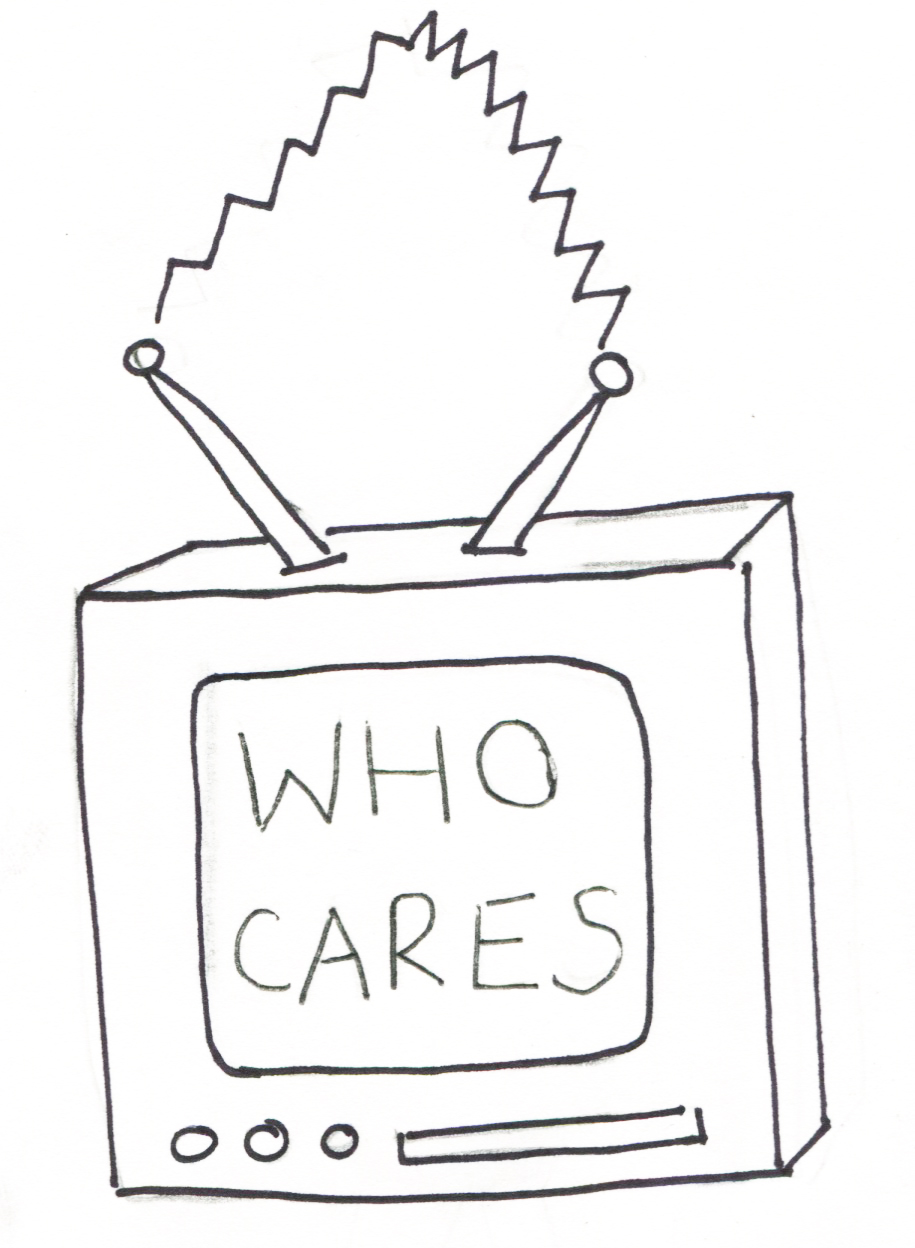Breaking down the reality of reality television
When I was a kid, I used to sneak into my mom’s room to watch “American Idol” and “Extreme Makeover: Home Edition” past my bedtime. I wanted to be like the people I saw in those shows. I used to imagine myself auditioning for “Are You Smarter Than a Fifth Grader?” and was disappointed when I finished fifth grade and wasn’t on television proving that I was smarter than those around me. There was a point in high school when I was a little bit obsessed with “The Glee Project” and wanted nothing more than to meet the cast and crew.
Reality television covers a broad range of areas. The Primetime Emmy Awards categorize it into three different sections: unstructured reality like “Deadliest Catch” and “Keeping Up with the Kardashians,” structured reality like “Shark Tank” and “Mythbusters,” and reality-competition like “Dancing With the Stars” and “American Ninja Warrior.”
Reality television isn’t a new concept. In fact, it has been around since the 1940s, when people were put into unscripted situations and recorded in shows such as “Candid Camera.” The late 1990s and early 2000s saw the big boom of what we now know as reality television, with successes such as “Big Brother” and “Survivor.” It was at this time that channels like TLC and MTV began airing mostly reality programs.
Is there a reason for America’s obsession with watching other people’s lives? The answer depends on what type of show it is. For instance, in some competition shows, viewers have the ability to vote for who they want to stay on the show. This gives them the chance to feel like they have some control in their viewing of the show. Another reason specifically related to competition shows is the competition itself. We are given the chance to pick a person and root for them, becoming dedicated to their successes and failures as the show progresses. In contrast, we watch shows like “Keeping Up With The Kardashians” because we can see them living the lavish life that many people wish to live. Some people suggest that reality television acts like an escape from the real world, showing other people’s lives and allowing you to forget about your own.
Reality television has become such a profitable industry that many TV producers are making “bad” shows to appeal to those who avidly watch reality programming, writes Charles McCoy and Roscoe Scarborough from The Washington Post. Even though we watch these shows, we usually still consider them full of pointless and terrible content. What then, makes reality TV a guilty pleasure? These shows stand as a way to fill in the mindlessness that we seek after a long day, or to make fun of it in a so-bad-it’s-good type of way.
CBS News reporter Patti Connor points out that reality television blends fantasy and reality in a way that displays “ordinary” people in situations in which we can envision ourselves.
But don’t we compare ourselves to characters in scripted shows as well? Shows like “Grey’s Anatomy” and “Law and Order” have been on the air long enough to gain devoted, lifelong fans whose own life choices have been influenced by the fictional events of these shows. For its 300th episode in November of 2017, the cast and crew of “Grey’s Anatomy” did a segment on Good Morning America about those who the show has influenced to go into medicine.
Are scripted shows better than reality at depicting human behavior in relatable, realistic situations? For the most part, probably not. The shows that I’ve seen or am currently watching are often portrayed through rose colored glasses, showing very little of the reality of how a careers in medicine and law really work. And then there are the supernatural shows with almost no basis in reality.
The thing is, however, there are some incredibly powerful and interesting television shows that can actually show how things are, or were. These are often the shows that win awards, like Netflix’s “The Crown.” Because “The Crown” is based in history, it is engaging and powerful television.
But shows don’t need to be powerful and accurate to attract viewers. There are just as many guilty pleasure scripted shows as there are reality programs: hence, I’m still watching Grey’s Anatomy even though the show has been going downhill for seasons.
Watch reality television if you want; either because it is mindless or because you want to see yourself in “real life,” unscripted situations. Keep in mind, though, that reality television might be affecting our perceptions of modern society, creating unrealistic expectations for ourselves which very few of us can get anything out of. This is problematic even if it might be nice to fantasize about living as extravagantly as the Kardashians.
There is nothing stopping anyone from watching what I consider pointless shows. We are able to change our viewing habits rapidly and suddenly. Netflix has made it possible for us to binge watch a show, but it also lets us jump around between many different shows until we find one worthy of the binge.
My suggestion is that instead of watching mindless crap of people’s unrealistic lives, watch something that actually has a storyline and characters that we can see grow and change. Your brain will thank you in the long run.
Christine McKinnie is a third-year Emerging Media major who just wants to be on “Deadliest Catch.” You can reach them at cmckinnie@ithaca.edu.

